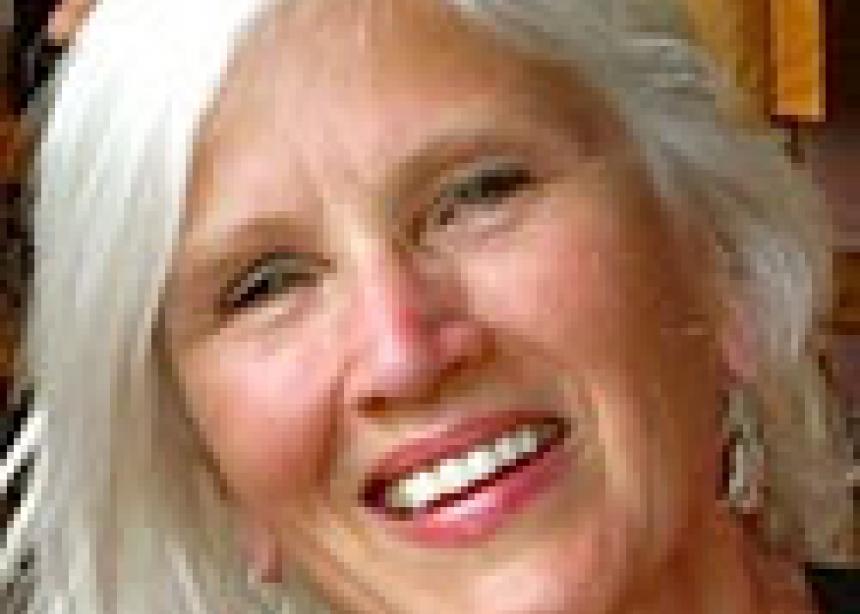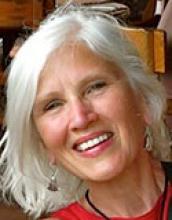As a supply teacher with the Waterloo Region District School Board, I find our high schools exceptional communities of discourse. I enjoy young adults navigating the critical years towards adulthood, at the peak of their inquisitiveness and energy for living. I like their smiles. I call them “social chocolate.”
A secondary school teacher contributor wrote recently in the Rejoice devotional: “I watch students come into my room. They come in bunches or alone. They come in laughing, listening to music, texting. They are dressed to fit in or to test limits. Each one carries a story. Each one carries a secret wound, a quirky talent perhaps unknown to anyone else in the room. A nagging question, a personal tragedy already in their young lives. They shuffle and clamour. Each day requires a kind of personal conversion on my part.” I like that: a decision, each day, to live gently and relate redemptively to students.
I am concerned about some things I am seeing:
• Technology is making clear that there is no such thing any more as a private experience. Tech guru Linda Stone has named our culture one of “continuous partial attention.” We are in the midst of a major cultural shift, a dramatically altered notion of privacy. Many young adults seem to be watching their lives parade past on a Blackberry smart phone. Students browse, gaze, walk with iPods and cell phones. They are bit players in a pseudo cyber-intimacy of shared photographs and profiles. Everyone, it seems, has become a performer. People tell all the details of their private lives, sometimes deliberately to be infamous. Too much information! People’s doings have become public archives. There seems to be little value assigned to thinking through one’s own responses. Writers are calling our world a peep or striptease culture, in which a desire to watch others—and be watched—drives all that we do.
Like never before, the world is squeezing young adults into its mould. We live in a breezy “anyone can be a celebrity” culture. Young adults are eager to strut on the catwalks of fame. Yet there is little focus on inner beauty. Some young adults cave in to the pressure to turn themselves into a sexual commodity. It’s a challenge to encourage young adults to honour the bodies they are in. Some are already taking a wrong exit. I look at teenagers, at young women in particular, and feel pre-emptively sad about the tragic stains that will appear on the smooth pages of their life stories.
• Ours is a coarse culture. There is a disappearance of any kind of modesty. Our culture has been called the “F-Off Society,” and high schools are part of this new social swagger. How can young adults resist? A fish can hardly say no to the water in which it swims. The late Jane Jacobs, an internationally known urban studies guru, prophesied that our culture is entering a dark age leading to an abyss of forgetfulness. Why do we prefer veneer over depth?
• I mourn the loss of innocence and mystery. There is hardly any such thing as childhood any more.
There are, thank goodness, many remarkable, life-giving encounters. Teachers influence for good. An off-the-cuff remark, a light-hearted exchange that we think little of, yet it makes an impact. We must use that power wisely. I am keenly aware of the degree to which caring adults provide an anchor against the hopelessness and despair so pervasive in our larger culture beyond our gates.
As Christians, it is our job to look for situations of hope. The late writer Henri Nouwen said that hope is not a label we paste on top of unhappy situations, for pain’s wounds mark all of us. We are called, he said, to recognize the work of God within ourselves, and then put our own faith and doubts, our own hopes and dark experiences at the disposal of others looking to find a way out of confusion.
I end with a metaphor from the Second World War. We all know about the warships that protected cargo ships from being torpedoed by German U-boats. Do we in the church provide the same type of protection for our young adults? All people of faith can be part of this vital escort service. How are you assisting some young adult to find safe footing on the shores of adulthood?
Betti Erb is a former associate editor of Canadian Mennonite and a full-time supply teacher for the Waterloo Region District School Board.



Add new comment
Canadian Mennonite invites comments and encourages constructive discussion about our content. Actual full names (first and last) are required. Comments are moderated and may be edited. They will not appear online until approved and will be posted during business hours. Some comments may be reproduced in print.